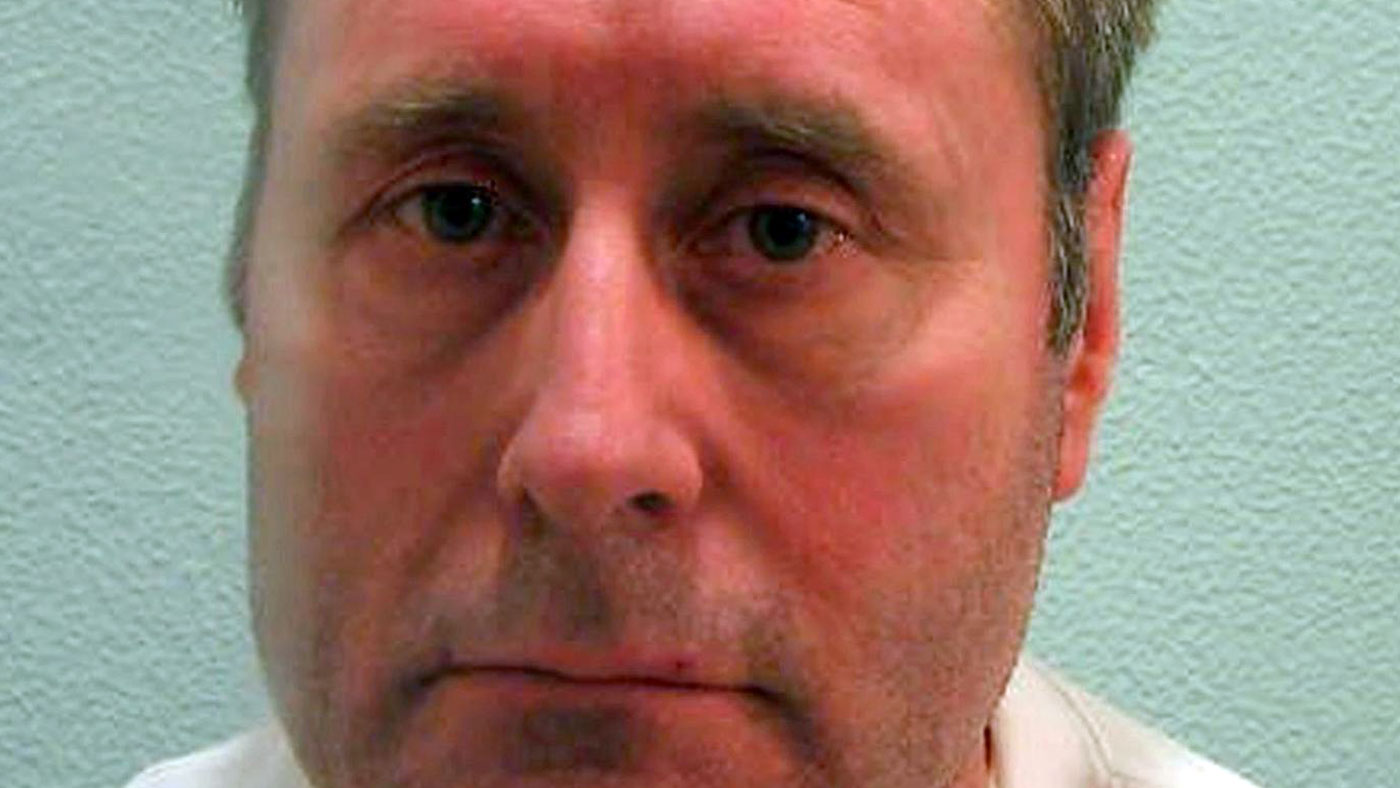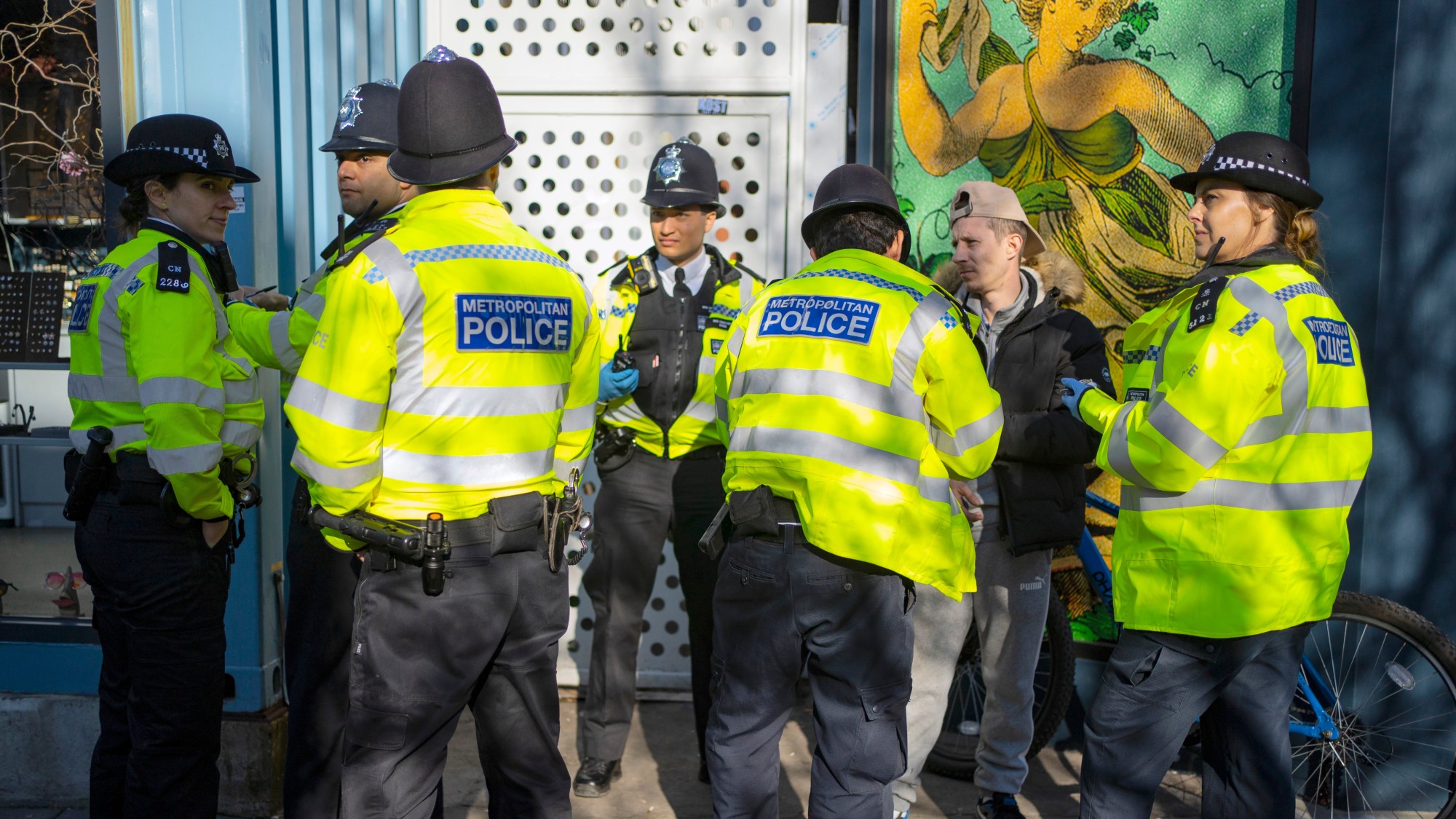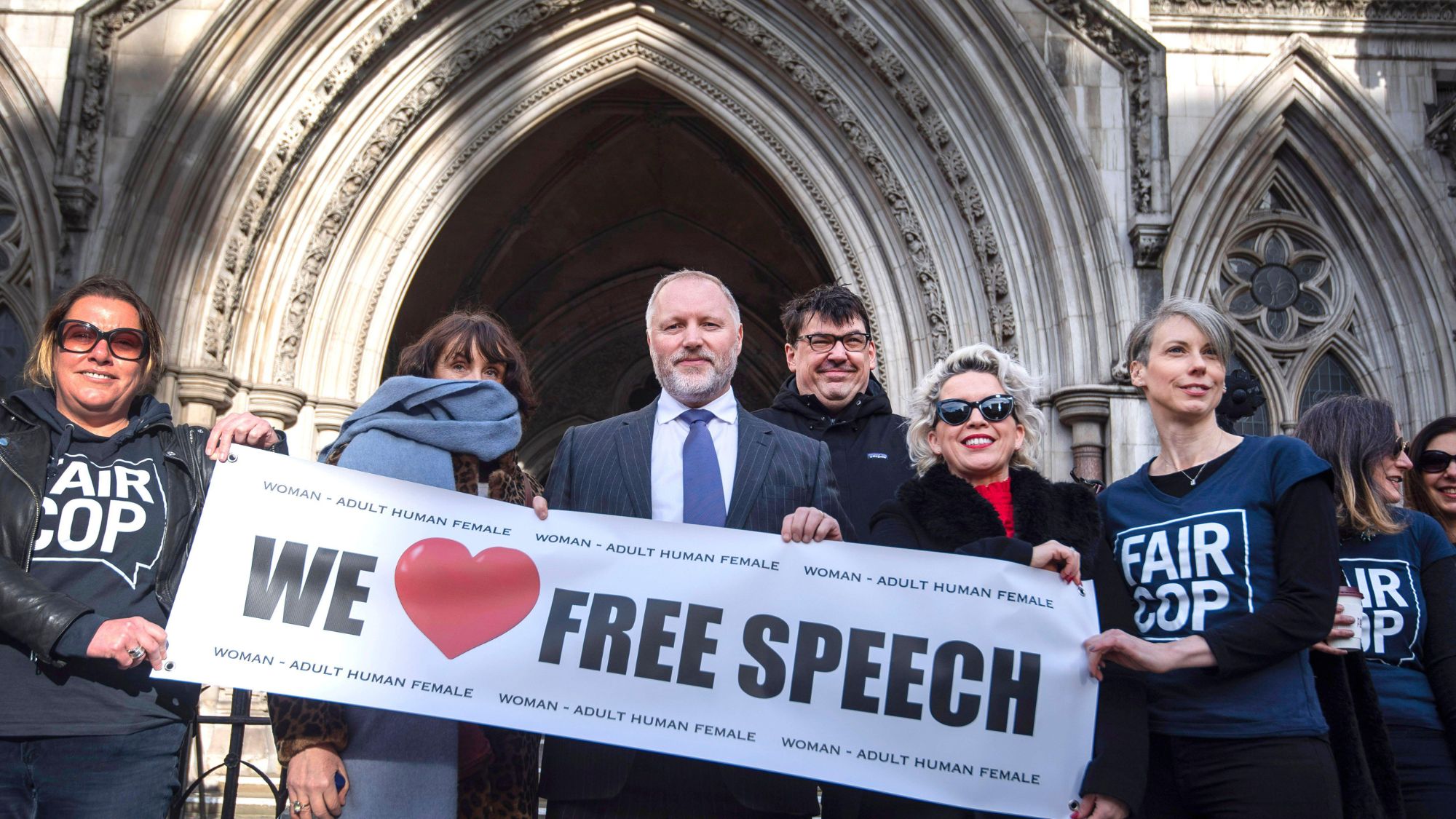John Worboys: Met Police loses ‘landmark’ Supreme Court case
Two rape victims win compensation claim for bungled investigation

A free daily email with the biggest news stories of the day – and the best features from TheWeek.com
You are now subscribed
Your newsletter sign-up was successful
Two victims of convicted rapist John Worboys won their claim against the Metropolitan Police in the UK’s highest court today, a landmark ruling that has implications for how police investigate other serious cases.
The women - who were raped by the former black cab driver in 2003 and 2007 - said that their treatment by officers, who failed to believe their reports, caused them mental harm, and that police breached their human rights by failing to properly investigate Worboys, The Daily Telegraph reports.
The UK Supreme Court “unanimously” ruled in the women’s favour today in what the BBC describes as a “landmark” judgment. The verdict means police may now face human rights actions whenever they fail to properly investigate serious cases, says the news site.
The Week
Escape your echo chamber. Get the facts behind the news, plus analysis from multiple perspectives.

Sign up for The Week's Free Newsletters
From our morning news briefing to a weekly Good News Newsletter, get the best of The Week delivered directly to your inbox.
From our morning news briefing to a weekly Good News Newsletter, get the best of The Week delivered directly to your inbox.
The claim centred around Article 3 of the European Convention on Human Rights, which states that “no one shall be subjected to torture or to inhuman or degrading treatment or punishment”.
Police lawyers had argued that the force was not liable for the conduct of individual investigations, Sky News says.
The two women were initially award compensation totalling £41,250 by the High Court. The Met police failed to overturn the awards in successive appeals.
Following today’s ruling, the Metropolitan Police told the BBC that the force “fully accepts the decision” and that it would undoubtedly have “implications for how we resource and prioritise our investigations”.
A free daily email with the biggest news stories of the day – and the best features from TheWeek.com
-
 Political cartoons for February 19
Political cartoons for February 19Cartoons Thursday’s political cartoons include a suspicious package, a piece of the cake, and more
-
 The Gallivant: style and charm steps from Camber Sands
The Gallivant: style and charm steps from Camber SandsThe Week Recommends Nestled behind the dunes, this luxury hotel is a great place to hunker down and get cosy
-
 The President’s Cake: ‘sweet tragedy’ about a little girl on a baking mission in Iraq
The President’s Cake: ‘sweet tragedy’ about a little girl on a baking mission in IraqThe Week Recommends Charming debut from Hasan Hadi is filled with ‘vivid characters’
-
 Why have homicide rates reportedly plummeted in the last year?
Why have homicide rates reportedly plummeted in the last year?Today’s Big Question There could be more to the story than politics
-
 How the ‘British FBI’ will work
How the ‘British FBI’ will workThe Explainer New National Police Service to focus on fighting terrorism, fraud and organised crime, freeing up local forces to tackle everyday offences
-
 ‘Stakeknife’: MI5’s man inside the IRA
‘Stakeknife’: MI5’s man inside the IRAThe Explainer Freddie Scappaticci, implicated in 14 murders and 15 abductions during the Troubles, ‘probably cost more lives than he saved’, investigation claims
-
 3 officers killed in Pennsylvania shooting
3 officers killed in Pennsylvania shootingSpeed Read Police did not share the identities of the officers or the slain suspect, nor the motive or the focus of the still-active investigation
-
 Dash: the UK's 'flawed' domestic violence tool
Dash: the UK's 'flawed' domestic violence toolThe Explainer Risk-assessment checklist relied on by police and social services deemed unfit for frontline use
-
 The ethics behind facial recognition vans and policing
The ethics behind facial recognition vans and policingThe Explainer The government is rolling out more live facial recognition technology across England
-
 The Met police's stop and search overhaul
The Met police's stop and search overhaulThe Explainer More than 8,500 Londoners have helped put together a new charter for the controversial practice
-
 NCHIs: the controversy over non-crime hate incidents
NCHIs: the controversy over non-crime hate incidentsThe Explainer Is the policing of non-crime hate incidents an Orwellian outrage or an essential tool of modern law enforcement?